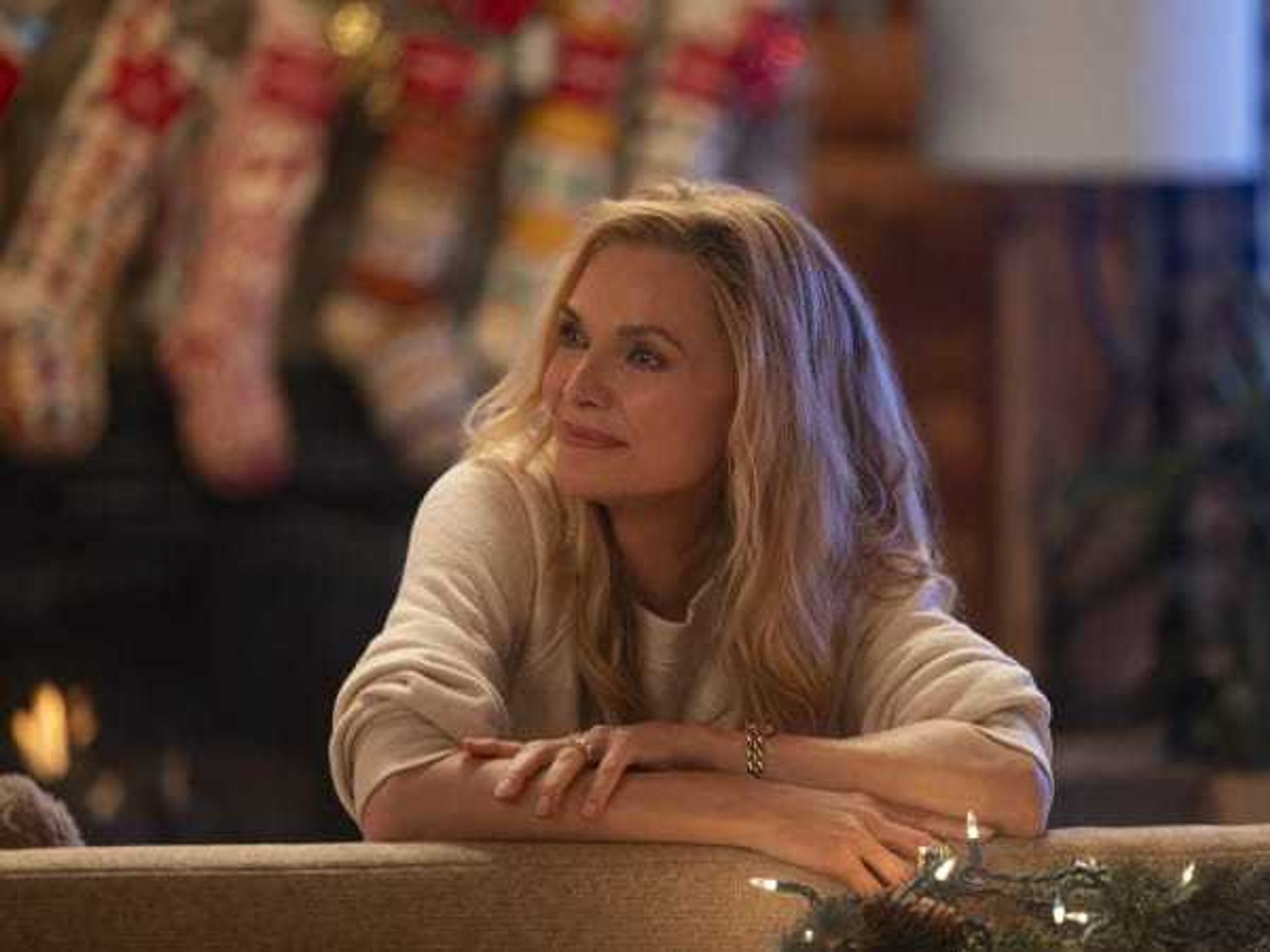Kaiser comes to Houston
Advice to arts groups: Be creative during the crisis
Times are rough out there for arts organizations. So it must be time to batten down the hatches, pull in the reigns, play it safe, cut back, offer less and lie low until things get better. Right?
Wrong.
So says Michael M. Kaiser, President of The John F. Kennedy Center for the Performing Arts, who was recently in town as part of a 50-state Arts in Crisis tour. Houston may be stop number 32, but Kaiser shows no sign of growing tired of emphasizing his message, which simply put is, "strong art, great marketing."
The event was co-sponsored by the Houston Arts Alliance (HAA) and The University of Houston College of Liberal Arts and Social Sciences. A modest-sized crowd representing a cross-section of Houston's art scene attended the talk, moderated by HAA CEO Jonathan Glus.
According to Kaiser, now is not the time to go underground and slowly drift off the cultural map by offering fewer and safer choices.
"It's a time for surprising art," Kaiser said. "It's a time for courage."
Creativity at every level is needed, from programing to marketing. Event-based marketing is not enough. Institutional marketing should be an everyday priority. And don't get lost on the branding bandwagon.
"No arts organization has the funds to brand," he said. "We are not Nike."
Logos don't bring audiences either. So before spending a bundle on flashy and sometimes hard-to-read new brochures, he suggested that arts groups put some of that off-the wall thinking into their programming.
Just about everything gets back to art with Kaiser. "That's why we are here," he said. "I have a performance at every Kennedy Center board meeting."
Board development is another place for serious work. "Board members and artistic directors are both frustrated with the situation," he said.
Kaiser recommends thinking of a board as a group of individuals with specific interests. "Have a board member take over one project and keep them involved at every step," he says. Kaiser's passion for re-energizing the board experience will be outlined in his forthcoming book, Fifty Questions Every Board Member Should Ask.
He also created a mentor program that pairs those needing help with experts. The process is simple. Simply email a request here and a mentor will be in touch. So far 500 organizations have asked for help and 100 vetted mentors are at work. No organization is too small or problem too large. And, what's better, it's all free.
"We do our best to match the mentor with the organization depending on what they need. Sometimes it's just a shoulder to cry on, other times it's a very specific problem," he said.
Help has ranged from a single phone call to a nine month relationship," he says. "Some mentors have traveled at their own expense to visit their organizations. It's been an extraordinary process." Kaiser himself mentors nine organizations.
After transforming the Kennedy Center from a regional to a national center, Kaiser is known as a turnaround maverick. His work with Alvin Ailey American Dance Theater, New York City Ballet and other organizations is legendary. He is the author of four books, including his most recent, The Art of the Turnaround: Creating and Maintaining Healthy Arts Organizations.
He stressed the need for quality arts administrators. "Academic programs need to be more hands-on," he said. "We spend billions on training artists, and nearly nothing on training the people who will manage them."
Rigorous artistic planning should be another mandate for tough times. Kaiser finds organizations often do more long range planning in marketing than in their artistic offerings. "It reduces the tension between the artistic director and executive director," he said.
Keeping the state of the arts in the national conversation is another priority. Kaiser's weekly blog on The Huffington Post has addressed such issues as the relationship between the artistic director and executive director, to build or not to build, and the symphony orchestra model.
Kaiser concluded his talk on an upbeat note. The prediction that the recession would cause 10,000 arts organization to go bust has not come to pass, he said.
"The crisis was not as bad as we thought. There's exciting work going on despite the environment. Artists are resilient. We bend but we don't break."
